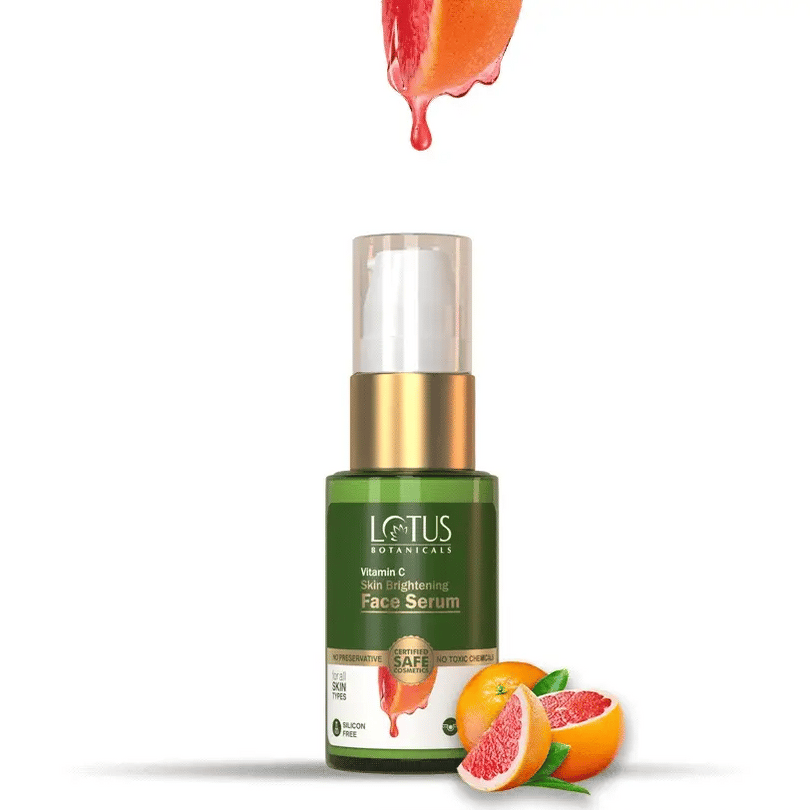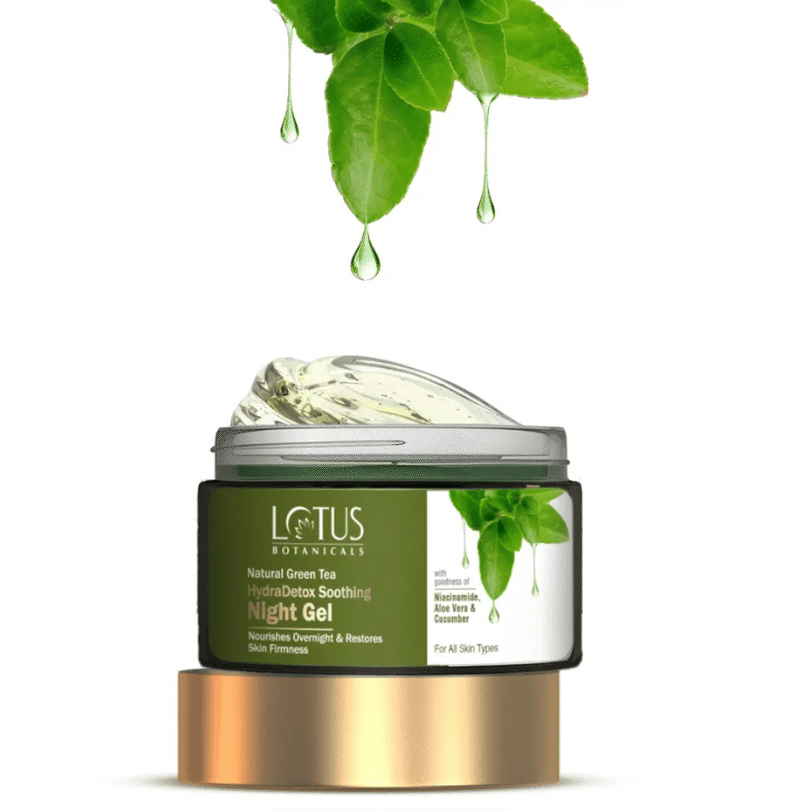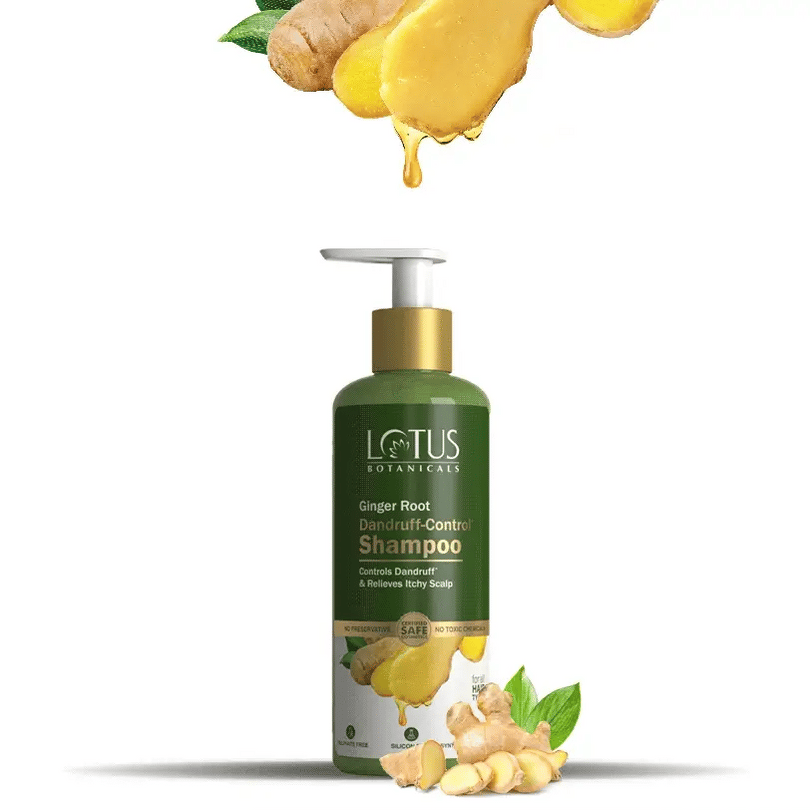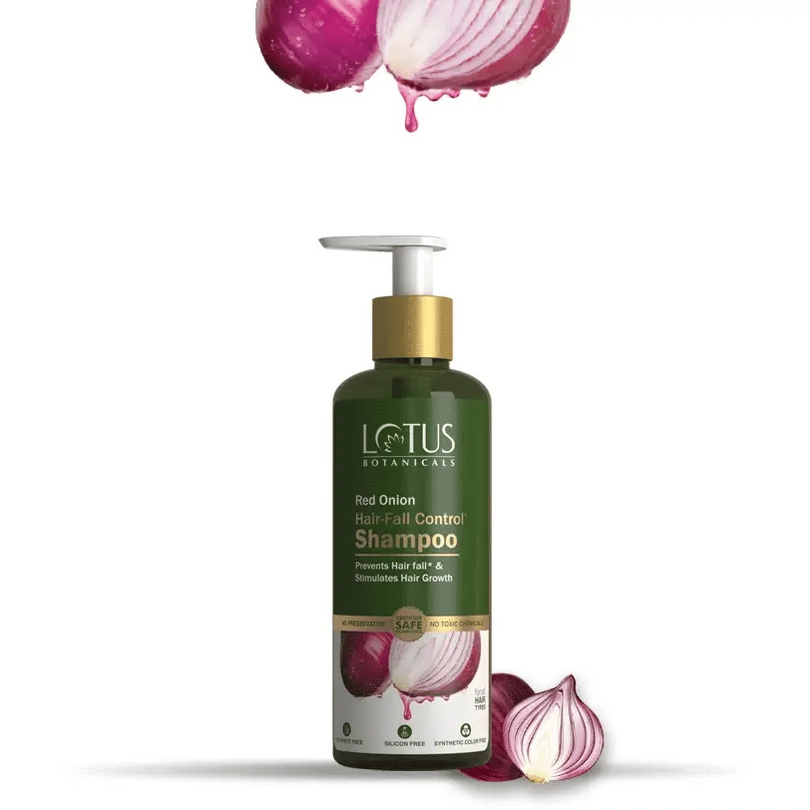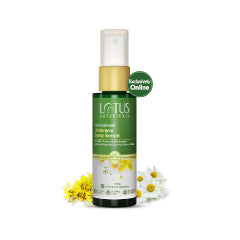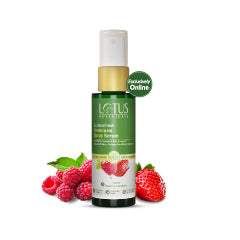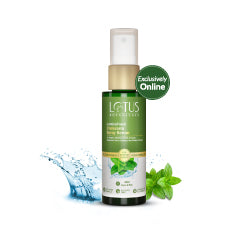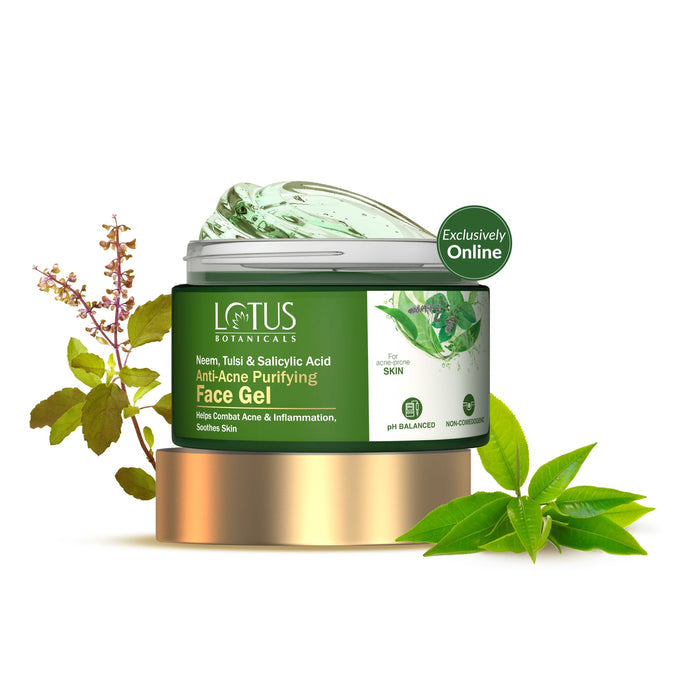
Highlights
-
Understanding Skin Brightening
-
Choosing the Right Skin Brightening Products
-
Top Skin Brightening Creams in India
-
Daily Skin Brightening Routine
-
Advanced Skin Brightening Treatments
-
Natural Remedies for Skin Brightening
-
Lifestyle Tips for Maintaining Bright Skin
-
Common Mistakes to Avoid in Skin Brightening
Understanding Skin Brightening
Key Ingredients to Look For
When searching for effective skin brightening products, understanding the key ingredients can make a significant difference in achieving the desired results. Here are some essential components to look for:
- Vitamin C: Known for its antioxidant properties, Vitamin C helps in reducing melanin production, which in turn brightens the skin tone. It also helps in skin repair and rejuvenation.
- Niacinamide (Vitamin B3): This ingredient is celebrated for its ability to lighten skin blemishes and even out skin tone by inhibiting melanosome transfer from melanocytes to keratinocytes.
- Kojic Acid: A by-product of certain fermentation processes, kojic acid is effective in treating pigment problems and age spots by inhibiting the production of melanin.
- Alpha Hydroxy Acids (AHAs): AHAs like glycolic acid help in exfoliating the surface layer of the skin, removing dullness and promoting a brighter and more even complexion.
- Arbutin: A naturally occurring derivative of hydroquinone found in some plants, arbutin offers pigmentation reduction without the harshness of chemical agents.
These ingredients not only assist in skin lightening but also enhance skin health by boosting collagen production, speeding up cell turnover, and providing intense hydration. For more detailed insights on how these ingredients work, visit our comprehensive guide on skincare ingredients at Lotus Botanicals.
Top Skin Brightening Creams in India
In India, the quest for a radiant complexion is prevalent, leading to a vast market of skin brightening products. Here are some of the top creams that have gained popularity due to their efficacy and formulation:
- Olay White Radiance Advanced Brightening Intensive Cream: Infused with Vitamin B3 and niacinamide, this cream promises radiance and hydration.
- Lotus Herbals Whiteglow Skin Whitening & Brightening Gel Creme: Known for its lightweight texture and natural extracts like grape, mulberry, saxifraga flowers and milk enzymes that are known to brighten the skin.
- The Body Shop Drops of Light™ Brightening Day Cream: This product uses red algae extract enriched with vitamin C, known for its natural brightening properties.
- Biotique Bio Coconut Whitening & Brightening Cream: A blend of pure virgin coconut oil, dandelion, and manjishtha that can help fade away dark spots and blemishes.
To choose a product that best suits your skin type and concerns, consider consulting with a dermatologist or conducting a patch test before full application. Additionally, when aiming for brighter skin, it’s essential to complement your skincare routine with sunscreen products like those available at Lotus Botanicals Vitamin C Sunscreen, to protect against UV-induced pigmentation.
Q: How often should I use skin brightening creams?
A: For best results, it's recommended to use skin brightening creams twice daily, once in the morning and once at night. However, always follow the specific instructions on the product label or consult a skincare professional.
Q: Are there any side effects of using skin brightening products?
A: While most ingredients are safe for general use, some individuals may experience irritation or allergic reactions. It's crucial to perform a patch test before regular use and consult with a dermatologist if you have sensitive skin or underlying conditions.
Q: Can men use these skin brightening creams?
A: Absolutely! Skin brightening products are suitable for anyone looking to reduce pigmentation issues or achieve a more even skin tone regardless of gender. Products like those found at Lotus Botanicals Best Sunscreen for Men are specially formulated to cater to men's skincare needs.
Daily Skin Brightening Routine
Morning Skin Care Steps
Embarking on a morning skin care routine is pivotal for maintaining radiant and healthy skin throughout the day. The key is to focus on products that protect and brighten the skin.
Begin with a gentle cleanser to remove any accumulated oils and impurities from your skin. Opt for a product that is hydrating and free of harsh sulfates, which can strip the skin of its natural oils. After cleansing, it's crucial to apply a toner. Look for ingredients like rose water or chamomile, which soothe the skin while tightening pores.
The next step is to apply a vitamin C serum. Vitamin C is renowned for its brightening properties and ability to fight free radicals, which can lead to premature aging. Following up with a hydrating moisturizer locks in the serum’s benefits. Choose a moisturizer that suits your skin type and contains SPF to protect against harmful UV rays.
Concluding your morning routine with a sunscreen is non-negotiable, even on cloudy days. UV protection is essential for preventing dark spots and maintaining an even skin tone. Discover effective sunscreens like the Vitamin C Sunscreen or explore options suited for specific needs like the Best Sunscreen for Men with Oily Skin.
Night Skin Care Tips
Nighttime is when your skin repairs itself, making a dedicated routine just as important as your morning regimen. Start by thoroughly removing makeup and environmental pollutants with a gentle cleanser tailored to your skin type.
After cleansing, use an exfoliating scrub or a chemical exfoliant containing AHAs or BHAs two to three times a week. This will help remove dead skin cells, allowing your skin care products to penetrate more effectively. Ensure you understand these ingredients by visiting resources like AHA, BHA, PHA - 27 Frequently Asked Questions.
Post-exfoliation, apply a nourishing night cream or serum rich in antioxidants such as retinol or peptides that promote collagen production and skin renewal. Hydrate intensively with products containing hyaluronic acid; learn more about its benefits at Hyaluronic Acid - 27 Frequently Asked Questions.
Finally, consider an overnight mask once a week to deeply hydrate and rejuvenate your skin while you sleep. Opt for masks with natural brightening ingredients like sandalwood or licorice root extract.
Q: How often should I apply sunscreen during the day?
A: It's recommended to reapply sunscreen every two hours if you are continuously exposed to sunlight, especially after sweating or swimming.
Q: Can I use vitamin C serum at night?
A: While vitamin C can be used at night, it's generally more beneficial during the day due to its antioxidant properties that combat UV-induced damage.

Advanced Skin Brightening Treatments
Professional Treatments vs. At-Home Solutions
In the quest for luminous, radiant skin, individuals often weigh the options between professional treatments and at-home solutions. Professional skin brightening treatments, such as laser therapy, chemical peels, and microdermabrasion, are performed by certified dermatologists or skincare professionals. These treatments are highly effective due to their intense nature and the professional’s ability to tailor services to individual skin types and concerns.
Laser treatments, for instance, target melanin deposits deep within the skin, breaking them down through intense light bursts. Chemical peels involve the application of a solution that causes the top layer of skin to peel off, revealing fresher and brighter skin underneath. On the other hand, microdermabrasion uses tiny crystals to exfoliate the skin, promoting new cell growth.
At-home solutions, while more convenient and often budget-friendly, generally take longer to show results and are less potent. These include over-the-counter creams and serums containing ingredients like Vitamin C, niacinamide, or glycolic acid. DIY remedies such as lemon juice or turmeric masks are popular too but require consistent application over time to see visible changes.
Cost and Efficacy
The cost of professional skin brightening treatments can vary widely depending on the type of treatment and the location of the clinic. For example, a single session of laser treatment can cost anywhere from $300 to $1000, whereas chemical peels might range from $100 to $600 per session. The efficacy of these treatments is generally high, with many clients seeing significant improvements in their skin tone and texture after just a few sessions.
Comparatively, at-home solutions are much more cost-effective with products ranging from $20 to $100 on average. However, the efficacy of these products varies greatly based on the active ingredients used and how consistently they are applied. Products with scientifically-backed ingredients like Vitamin C or retinol can yield good results over time if used diligently.
|
Comparison of Treatment Costs and Efficacy |
||
|---|---|---|
|
Treatment Type |
Cost (per session) |
Efficacy |
|
Laser Treatment |
$300 - $1000 |
High |
|
Chemical Peel |
$100 - $600 |
High |
|
At-Home Products |
$20 - $100 |
Moderate to High (varies) |
Q: How often should I undergo professional skin brightening treatments?
A: The frequency depends on the specific treatment and your skin type. Generally, it's recommended every 4-6 weeks for chemical peels and microdermabrasion and every 4-8 weeks for laser treatments. Always consult with a skincare professional to determine what’s best for your skin.
Q: Are there any risks associated with professional skin brightening treatments?
A: While generally safe when performed by a qualified professional, there can be risks such as redness, swelling, and in rare cases, scarring or changes in skin color. It's crucial to discuss potential risks with your dermatologist beforehand.
Q: Can dietary changes help enhance the effects of skin brightening treatments?
A: Yes! A diet rich in antioxidants like vitamins C and E can help protect your skin from damage and support brightness. Incorporate fruits, vegetables, nuts, and seeds into your diet for best results.
Natural Remedies for Skin Brightening
DIY Skin Brightening Masks
The quest for luminous, glowing skin can be as simple as raiding your kitchen pantry. Homemade masks, concocted from natural ingredients, provide a chemical-free method for enhancing skin radiance. Here are several effective DIY masks that you can try:
- Turmeric and Yogurt Mask: Combine 1 teaspoon of turmeric powder with 2 tablespoons of plain yogurt and a few drops of honey. Turmeric contains curcumin, which has potent anti-inflammatory and antioxidant properties, reducing the appearance of blemishes and brightening the skin.
- Lemon and Honey Mask: Mix 1 tablespoon of fresh lemon juice with 2 teaspoons of honey. Lemon’s vitamin C and citric acid help lighten dark spots and even out skin tone, while honey is a natural moisturizer.
- Papaya and Honey Mask: Mash a few pieces of ripe papaya and add a tablespoon of honey. Papaya contains papain enzyme, known for its skin lightening properties and ability to reduce the visibility of scars and blemishes.
Apply these masks 2-3 times a week for best results. Always perform a patch test to ensure you do not have an allergic reaction to the ingredients.
Herbs and Supplements
Natural herbs and dietary supplements can also play a crucial role in skin health and brightness. Integrating specific herbs into your diet or skincare routine can provide long-term benefits:
- Licorice Extract: Known for its skin-brightening properties, licorice extract can be taken as a supplement or used topically in serums and creams to help fade hyperpigmentation.
- Green Tea: Rich in antioxidants called catechins, green tea helps to rejuvenate dying skin cells, promoting healthier and brighter skin when consumed regularly or applied topically.
- Vitamin C: As an essential nutrient for health and skin care, vitamin C supplements or vitamin-rich foods can boost collagen production and counteract the effects of sun exposure by reducing melanin formation.
Including these supplements in your daily regimen can enhance your skin’s natural brightness over time. However, consulting with a healthcare provider before starting any new supplement is advisable.
Q: How often should I use DIY skin brightening masks?
A: For optimal results, it's recommended to apply these masks 2-3 times per week. Adjust frequency based on your skin's response.
Q: Can natural remedies replace my skincare products?
A: While natural remedies can complement your skincare regimen by providing additional nutrients and benefits, they should not completely replace products formulated with active ingredients that target specific concerns.
Q: Are there any side effects of using herbs and supplements for skin brightening?
A: Most herbs and supplements are safe when used correctly; however, some might cause allergic reactions or interact with other medications. Always consult a healthcare provider before incorporating new herbs or supplements into your routine.

Lifestyle Tips for Maintaining Bright Skin
Diet and Hydration
Maintaining bright, healthy skin starts from the inside out, and what you consume daily plays a critical role. A diet rich in antioxidants, vitamins, and minerals is essential for promoting skin health. Foods high in Vitamin C (like oranges, strawberries, and bell peppers) and Vitamin E (such as almonds, sunflower seeds, and avocados) can help protect your skin against damage from free radicals and promote repair.
Hydration is equally important. Drinking at least 8 glasses of water daily helps to keep your skin hydrated and radiant. Water flushes toxins from your body, which can otherwise lead to dullness and congestion in your skin. Adding lemon or cucumber slices to your water can enhance its detoxifying effects and provide a refreshing twist.
- Integrate green leafy vegetables like spinach and kale into your diet to boost beta-carotene, which converts to vitamin A in the body, aiding in skin repair and maintenance.
- Consider fatty fish varieties such as salmon or mackerel that are rich in omega-3 fatty acids, known to reduce inflammation which can cause redness and acne.
- Hydrate with coconut water or herbal teas which offer additional antioxidants and nutrients beneficial for skin health.

Importance of Sleep and Exercise
Sleep is often called the body's own beauty treatment. During sleep, your skin's blood flow increases, and the organ rebuilds its collagen and repairs damage from UV exposure, reducing wrinkles and age spots. Adults should aim for 7-9 hours of quality sleep per night to allow their skin adequate time to undergo these processes.
Exercise is another pillar of healthy skin. It increases blood flow, which helps nourish skin cells and keep them vital. Blood carries oxygen and nutrients to working cells throughout the body, including the skin. In addition to providing oxygen, blood flow also helps carry away waste products, including free radicals, from working cells. Regular physical activity also helps regulate stress hormones that can aggravate skin conditions like acne or psoriasis.
"Regular exercise not only helps you look better but also enhances your skin's glow" – Dermatology Experts
Combining both adequate sleep and regular exercise forms a powerful duo for maintaining radiant skin. For example, consider incorporating yoga or meditation into your routine to reduce stress levels which are directly linked to skin health.
Q: How much water should I drink daily for healthy skin?
A: Aim to drink at least 8 glasses of water per day to maintain optimal hydration for glowing skin.
Q: Can diet affect acne?
A: Yes, diet can influence acne. Foods high in refined sugars or dairy products can trigger or exacerbate acne in some individuals. Opting for a balanced diet rich in whole foods may help improve acne symptoms.
Q: What type of exercise is best for the skin?
A: Any form of exercise that increases heart rate helps improve circulation, which can benefit skin health. This includes activities like jogging, cycling, swimming, or even brisk walking.
Common Mistakes to Avoid in Skin Brightening
Overuse of Chemicals
When it comes to achieving a brighter skin tone, the allure of quick results can often lead to the overuse of chemical-based products. Products containing ingredients like hydroquinone, steroids, and mercury, though effective in reducing pigmentation, can cause long-term skin damage if used excessively or without proper dermatological guidance.
Risks of Overusing Chemicals:
- Skin thinning: Prolonged use of topical steroids can lead to skin atrophy, making the skin more susceptible to bruising and tearing.
- Increased photosensitivity: Ingredients like hydroquinone can make your skin more sensitive to sunlight, leading to a higher risk of sunburn.
- Pigmentation disorders: Excessive use of brightening chemicals can cause hypopigmentation (light patches) or hyperpigmentation (dark patches), often harder to treat than the original issue.
To avoid these risks, it’s crucial to follow recommended usage instructions and consult with a healthcare provider before starting any new skin care regimen. Emphasizing natural ingredients and products endorsed by trusted sources like Lotus Botanicals can also help safeguard your skin's health.
Ignoring SPF
Sun protection is paramount in any skin care routine, especially when using skin brightening products. These products often increase your skin's sensitivity to UV rays, making it imperative to use a broad-spectrum sunscreen with a high SPF value daily.
Failure to apply sunscreen can not only slow down the process of skin brightening but also lead to further discoloration and even increase the risk of skin cancer. Using a daily sunscreen like those found in Lotus Botanicals’ Vitamin C Sunscreen provides dual benefits of sun protection and aiding in the brightening process due to Vitamin C's properties as an antioxidant.
Here are some additional tips for effective sunscreen use:
- Apply sunscreen generously 15 minutes before going outdoors.
- Reapply every two hours or immediately after swimming or sweating.
- Select a sunscreen that offers both UVA and UVB protection to ensure comprehensive coverage.
Q: How often should I reapply sunscreen when using skin brightening products?
A: It is recommended to reapply sunscreen every two hours, or more frequently if you are swimming or perspiring heavily. This helps maintain effective protection against UV rays which can exacerbate skin discoloration.
Q: Are there natural alternatives for chemical-based skin brighteners?
A: Yes, many natural substances such as vitamin C, licorice extract, and kojic acid offer brightening benefits without harsh side effects. Products like those from Lotus Botanicals often incorporate these ingredients to provide safer skin brightening options.
Q: Can overusing brightening products cause permanent skin damage?
A: Yes, improper or excessive use of certain chemicals in brightening products can lead to permanent skin issues like thinning, increased sensitivity, and uneven pigmentation. Always adhere to product guidelines and consult with a skincare professional for safe usage.
Conclusion
Recap of Key Points
In this article, we've explored various effective strategies and tips to help you achieve a brighter, more radiant complexion. From understanding the importance of a consistent skincare routine that includes cleansing, toning, and moisturizing, to the benefits of incorporating specific skin-brightening ingredients such as Vitamin C, niacinamide, and alpha hydroxy acids (AHAs), we've covered essential aspects that contribute to skin health.
We also discussed lifestyle adjustments that can enhance your skin's natural glow, such as maintaining a balanced diet rich in antioxidants, staying hydrated, and protecting your skin from harmful UV rays with broad-spectrum sunscreen. Notable products mentioned include the innovative Vitamin C Sunscreen from Lotus Botanicals which offers both protection and skin brightening benefits.
Additionally, we touched on professional treatments like chemical peels and laser therapy, which should be considered under expert guidance to ensure safety and effectiveness. The importance of patience and consistency with your skincare regimen cannot be overstressed, as visible changes take time and dedication.
Continuing Your Skin Brightening Journey
To keep advancing in your journey towards flawless skin, it's crucial to stay informed and adaptable. The skincare industry is continually evolving, with new research leading to innovations in products and treatments. Regularly visiting reputable sites such as Lotus Botanicals can provide you with updated information and access to high-quality products tailored to skin brightening.
Incorporating feedback from your skin's response to different products and treatments is vital. If something isn’t working for you, don’t hesitate to consult dermatological advice to refine your approach. Remember, each skin type is unique, and what works for one might not work for another.
To further enhance your knowledge and perhaps find inspiration for your skincare routine, consider exploring resources like skincare quotes and captions for Instagram, which can offer motivational insights and tips shared by skincare enthusiasts and professionals alike.
Q: How often should I apply sunscreen when trying to brighten my skin?
A: You should apply a broad-spectrum sunscreen every day, even on cloudy days or when indoors. Reapply every two hours if you are outdoors or after swimming or sweating to ensure continuous protection against UV rays which can darken and damage the skin.
Q: Can changing my diet really help improve my skin's brightness?
A: Yes, incorporating foods rich in antioxidants like berries, nuts, and green leafy vegetables can help combat free radicals that damage skin cells. Hydrating well also contributes to a healthier complexion.
Q: Are home remedies effective for skin brightening?
A: Home remedies can be effective but vary widely in results. Ingredients like lemon juice or turmeric are popular for their brightening effects; however, they must be used correctly to avoid adverse effects. For scientifically backed solutions and advanced treatments, always consider consulting with a skincare professional.
Highlights
-
Understanding Skin Brightening
-
Choosing the Right Skin Brightening Products
-
Top Skin Brightening Creams in India
-
Daily Skin Brightening Routine
-
Advanced Skin Brightening Treatments
-
Natural Remedies for Skin Brightening
-
Lifestyle Tips for Maintaining Bright Skin
-
Common Mistakes to Avoid in Skin Brightening







